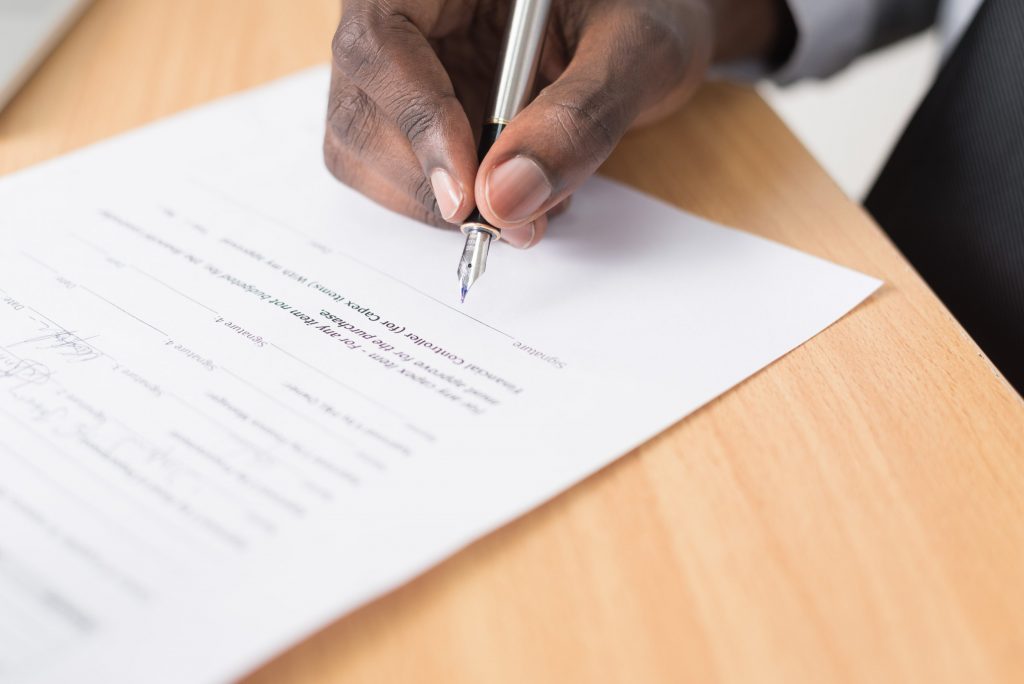
Do You Know What Estate Planning Documents You Need?
So many of us put off estate planning as something we will "get to soon enough". However, national statistics indicate that approximately half of all Americans have no estate planning at all. The half of Americans that do have estate planning in place too often have very old documents, perhaps from states they no longer reside in, and even worse, those documents often do not reflect the current wishes and intentions of those Americans.
We all know that getting our legal affairs in order should be a priority. So, let's review the basic estate planning documents with which everyone should be familiar. The documents reviewed below represent the foundational documents used in quality estate planning. You should have each of these documents in your plan, or at least understand what each document does, and know why you don't have a particular document if you lack something from this list.
Will: A "Last Will and Testament" ("Will") is a document used by you to state what should happen to your possessions and assets when you die, as well as who it is that should carry out those instructions you've left. Some major life events that often lead someone to update a will can include: moving from one state to another, the birth or adoption of a child, the birth or adoption of a grandchild, the death of a spouse, the death of a child, the death of any previously named beneficiary in your Will, a marriage, a child's marriage, and the death, marriage, or relocation of the person or persons you had intended to leave in charge of your estate (called a "Personal Representative" or "Executor/Executrix"). Finally, if more than a couple of years have gone by since you have looked at your Will, it is a good idea to do so to remind yourself of what it says and who the people involved in its implementation will be. This way, you can have confidence that everything is as you want it to be.
Trust: Trusts come in many varieties, each with their own purpose. The most common type of trust used in estate planning is known as a "Revocable Living Trust". A Revocable Living Trust is used to avoid the need for your estate to go through a court-controlled process called "Probate." A Revocable Living Trust should be updated for the same reasons and after the same types of life events as a Will (see above).
Power of Attorney Documents: Power of Attorney Documents typically state who your decision maker will be if you are alive, but unable to make your own decisions due to some sort of incapacity. These documents generally come in two categories - financial decision making and health care decision making. The same life events that may lead to the need to update a will or trust could lead to the need to update Power of Attorney documents. This is especially true if the person you have left as your stand-in decision maker is no longer alive, is ill, or is incapacitated. You also may want to increase or decrease the scope of the authority you have given to your stand-in decision maker for some reason.
Living Will/Advanced Directives: Not to be confused with a "Last Will and Testament," a Living Will is used to state what medical treatments you do or do not want administered to you if you are terminally ill and your death is imminent, or you are in what is called a "persistent vegetative state." A Living Will determines whether you will receive CPR, artificial or natural hydration and nutrition (intravenous for example), mechanical ventilation of the lungs, and any other procedure used by medical professionals. The motivation to update this document is usually as simple as a change in your wishes for what medical treatments you do or do not want administered under the relevant circumstances.
Other Documents: Every person's situation is unique, and there are certainly other documents that will be important parts of some people's estate plan. An estate planning attorney can help you identify exactly what you need for your circumstances.
If you have any doubts about whether your documents are up to date, do not hesitate to speak to a qualified estate planning attorney. Some law firms, like mine, will even offer free consultations concerning creating or reviewing estate planning documents. Take the time to be sure your planning will accomplish what you intend.
This has been presented as general information and not as legal advice. Do not engage in legal decision-making without the advice of a competent attorney after discussion of your specific circumstances.

